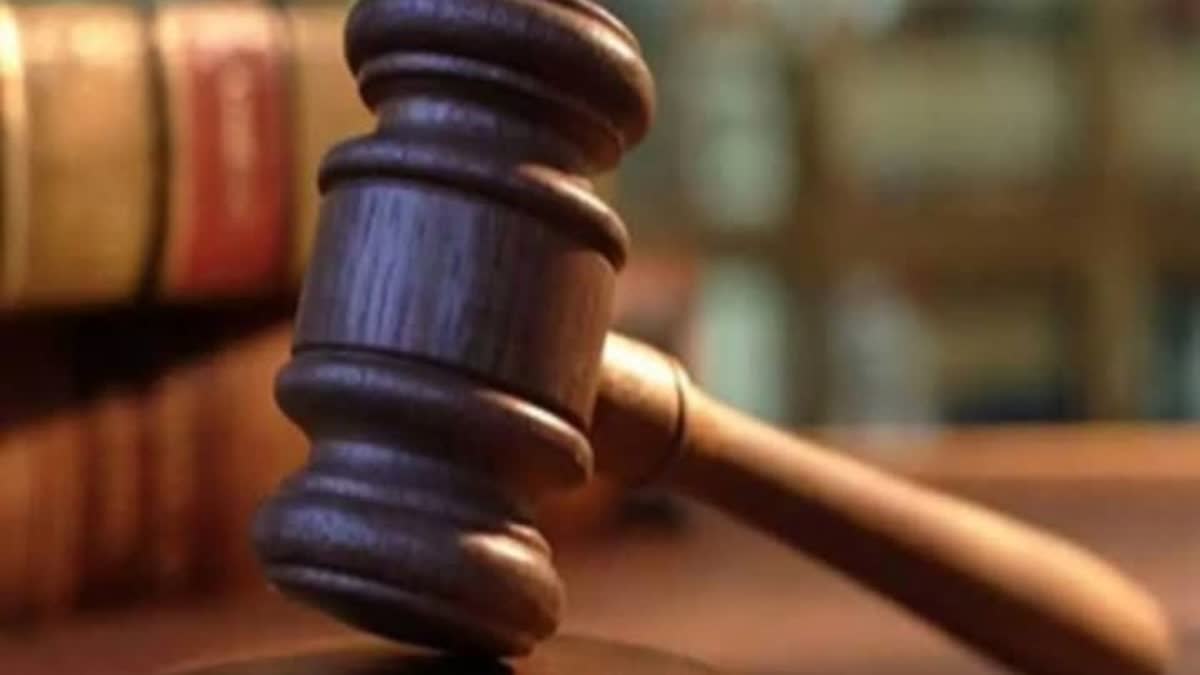New Delhi : The Supreme Court on Tuesday said immediately after the knowledge of the commission of a heinous offence under the POCSO Act, the state, its agencies and instrumentalities must step in and render all possible aid to the victim children, which will enable them to lead a dignified life.
A bench comprising justices Abhay S Oka and Ujjal Bhuyan made several observations while setting aside the Calcutta Hugh Court's judgment which acquitted a man in a sexual assault case of a minor girl, and made "objectionable" observations advising adolescent girls to "control sexual urge".
Justice Oka, who authored the judgment on behalf of the bench, said it is the responsibility of the state to take care of helpless victims of such heinous offences. “Time and again, we have held that the right to live a dignified life is an integral part of the fundamental right guaranteed under Article 21 of the Constitution of India. Article 21 encompasses the right to lead a healthy life”, he said, adding that the minor child, who is the victim of the offences under the POCSO Act, is also deprived of the fundamental right to live a dignified and healthy life.
“Therefore, immediately after the knowledge of the commission of a heinous offence under the POCSO Act, the State, its agencies and instrumentalities must step in and render all possible aid to the victim children, which will enable them to lead a dignified life. The failure to do so will amount to a violation of the fundamental rights guaranteed to the victim children under Article 21”, said Justice Oka.
The bench observed that even if the accused and the victim, who is a major now, were to come out with a settlement, the high court could not have quashed the prosecution. The bench said though it is the case of the prosecution that the marriage between the accused and the victim, who gave birth to a female child, was solemnised on May 20, 2018 in a temple, there is no evidence on this aspect.
The bench said that the matter should have been sent to the Juvenile Justice Board, as the Juvenile Justice (JJ) Act has enough provisions to take care of the future of a child till age of 21.
The apex court said the police must strictly implement subsection (6) of Section 19 of the POCSO Act. “If that is not done, the victim children are deprived of the benefits of the welfare measures under the JJ Act. Compliance with Section 19(6) is of vital importance. Non-compliance thereof will lead to a violation of Article 21”, said the bench.
“Unfortunately, in our society, due to whatever reasons, we find that there are cases and cases where the parents of the victims of the offences under the POCSO Act abandon the victims. In such a case, it is the duty of the State to provide shelter, food, clothing, education opportunities, etc., to the victim of the offences as provided in law”, said the bench.
“Even the child born to such a victim needs to be taken care of in a similar manner by the State. After the victim attains the majority, the State will have to ensure that the victim of the offence can stand on his/her legs and, at least, think of leading a dignified life”, it added.
The bench said that the Ministry of Women and Child Development, Government of India, has framed a scheme for care and support to the victims under Sections 4 and 6 of the POCSO Act and it provides health services, counselling, and mental health services, and it also provides for helping the victim to acquire education and vocational skills.
The bench said in this case, there is a failure of the machinery under the JJ Act in the state to discharge its obligations to the victim.
The bench also constituted a committee of experts to help the victim to make an informed choice. “We direct the Government of West Bengal to constitute a committee of three experts, including a clinical psychologist and a social scientist. The State Government may take the assistance of NIMHANS or TISS for constituting the committee. A child welfare officer shall be appointed to assist the committee as its coordinator and secretary”, it said.
The court fixed the matter for consideration of sentence on October 21, 2024 after receiving a report of the committee to be prepared upon interaction with the victim.
The bench directed its registry to forward copies of this judgment to the secretaries of Law and/or Justice Departments of all the states and union territories. “The Secretaries shall convene meetings of the Secretaries of the concerned departments and other senior officials. The object of holding such meetings is to ensure that appropriate directions are issued to all concerned to strictly implement the provisions of Section 19(6) of the POCSO Act and the relevant provisions of the JJ Act, which we have elaborated above. The State/Union Territories must create machinery to do so”, said the apex court.



